Life
Sign up for our newsletter
We summarize the week's scientific breakthroughs every Thursday.
-
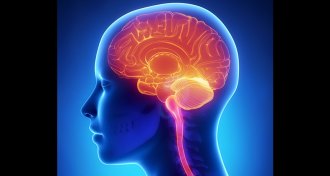 Neuroscience
NeuroscienceAdolescent brains open to change
Adolescent brains are still changing, a malleability that renders them particularly sensitive to the outside world.
-
 Humans
HumansU.S. is growing more genetically diverse
Young Americans are more genetically diverse than previous generations, a new DNA analysis reveals.
-
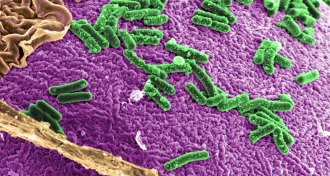 Genetics
GeneticsMicrobes may reveal colon cancer mutations
Certain microbial mixes are associated with particular DNA mutations in colon cancer, a new study suggests.
-
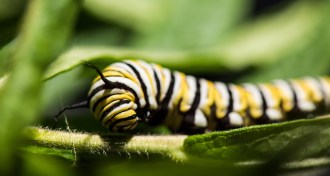 Animals
AnimalsRoot fungi make or break monarchs’ chances against parasite
Fungi that live amid the roots of milkweed plants change the chemicals produced in the plant’s leaves, which can either aid or hinder a monarch butterfly’s ability to fight off parasites.
-
 Neuroscience
NeuroscienceThat familiar feeling comes from deep in the brain
Knowing what’s new and what we’ve seen before is at the base of memory. A new study shows that with a flash of light, scientists can change the firing of brain cells, and make the old new again.
-
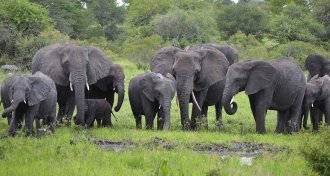 Health & Medicine
Health & MedicineElephants’ cancer-protection secret may be in the genes
An extra dose of cancer-fighting genes may be the secret to elephants’ long life spans.
By Meghan Rosen -
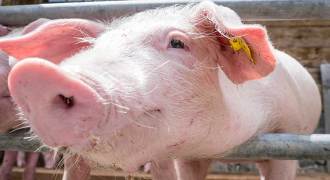 Genetics
GeneticsGene editing makes pigs safer for human transplants
CRISPR/Cas9 disables multiple viruses at one time
-
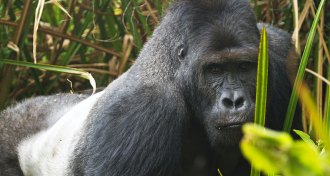 Animals
AnimalsEcotourism could bring new dangers to animals
The presence of kindly tourists could make animals more vulnerable to predation and poaching, a new study warns.
-
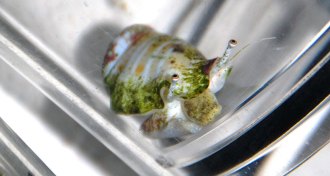 Animals
AnimalsJumping conchs triumph at overheated athletics
“Simple” circulatory system outdoes fancier ones in delivering oxygen for jumping conchs in simulated climate change conditions.
By Susan Milius -
 Genetics
GeneticsChemical tags on DNA appear to differ between gay and straight men
DNA marks distinguished homosexual men from heterosexual men with in a small twin study.
-
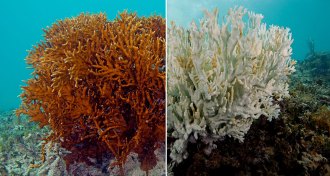 Oceans
OceansWidespread coral bleaching threatens world’s reefs
The world’s corals are experiencing their third major bleaching event in 17 years.
-
 Humans
HumansInto Africa: Ancient skeleton sheds light on reverse migration
Ancient man’s DNA helps reveal extent of Eurasian farmers’ back-to-Africa migration some 3,000 years ago.
By Bruce Bower